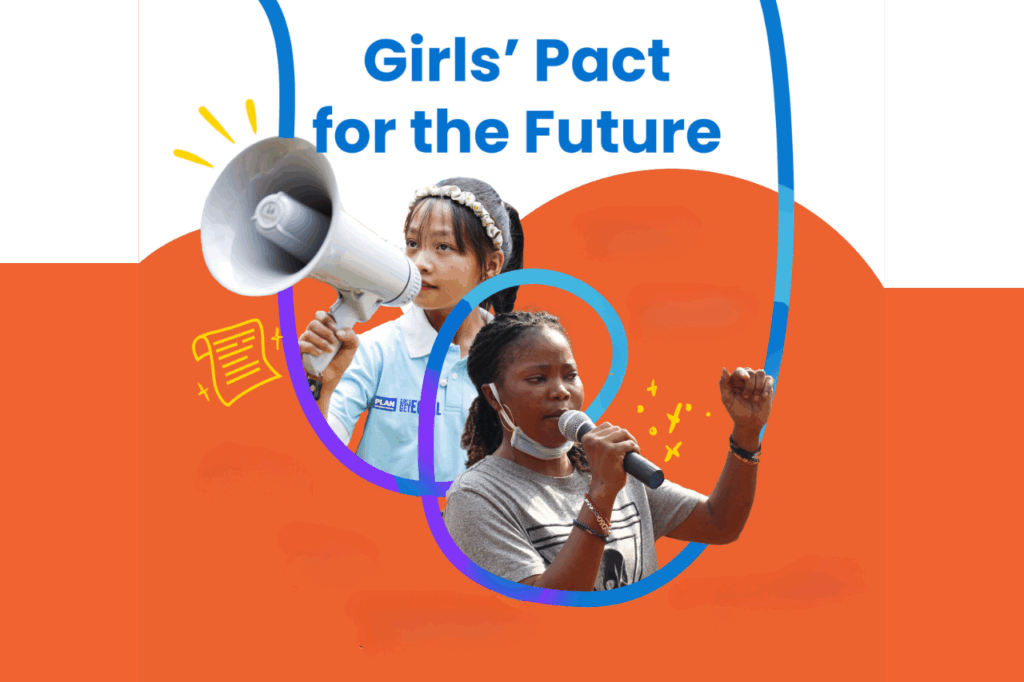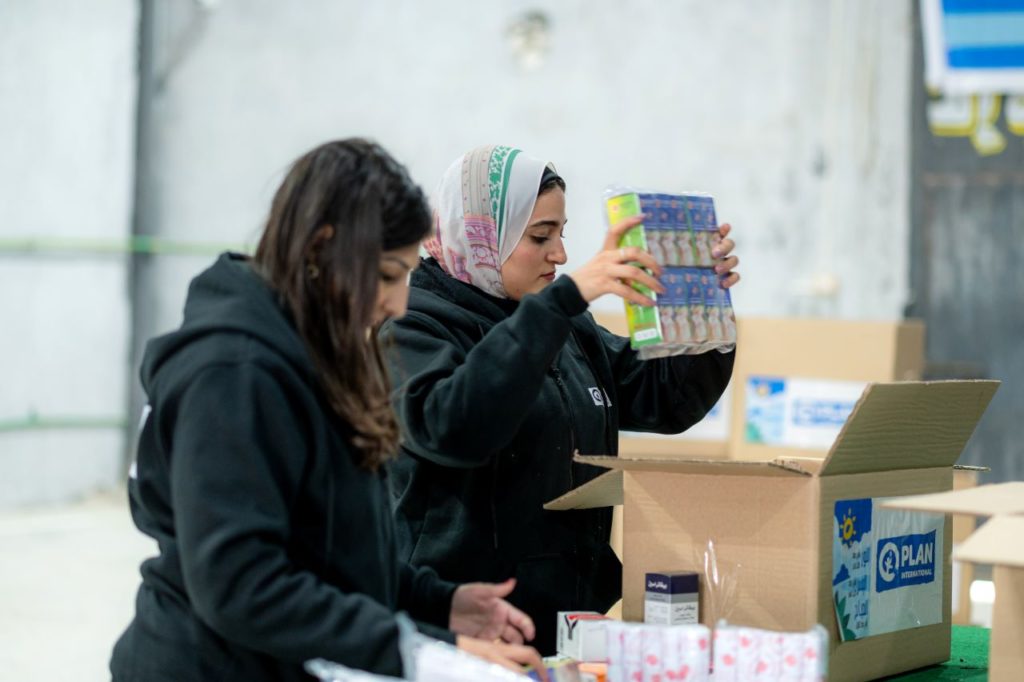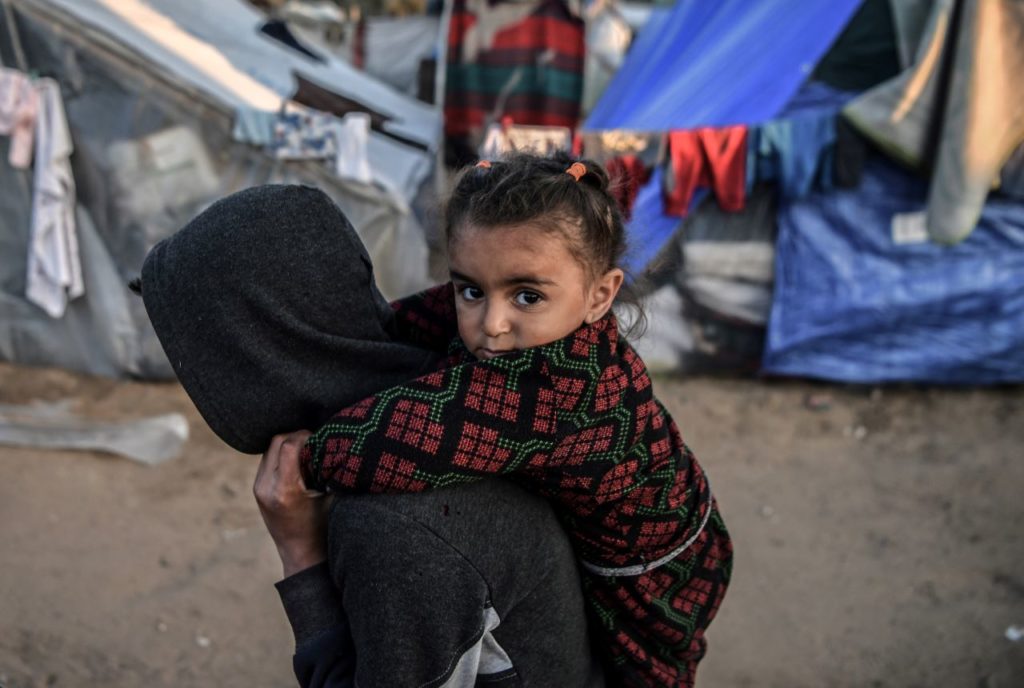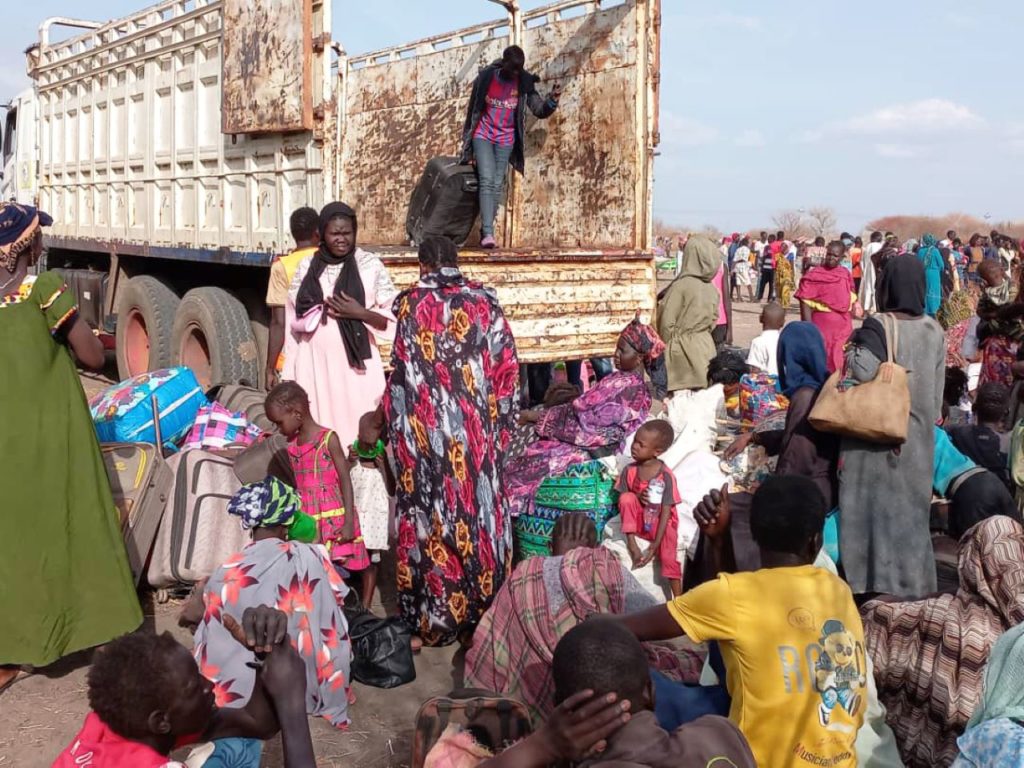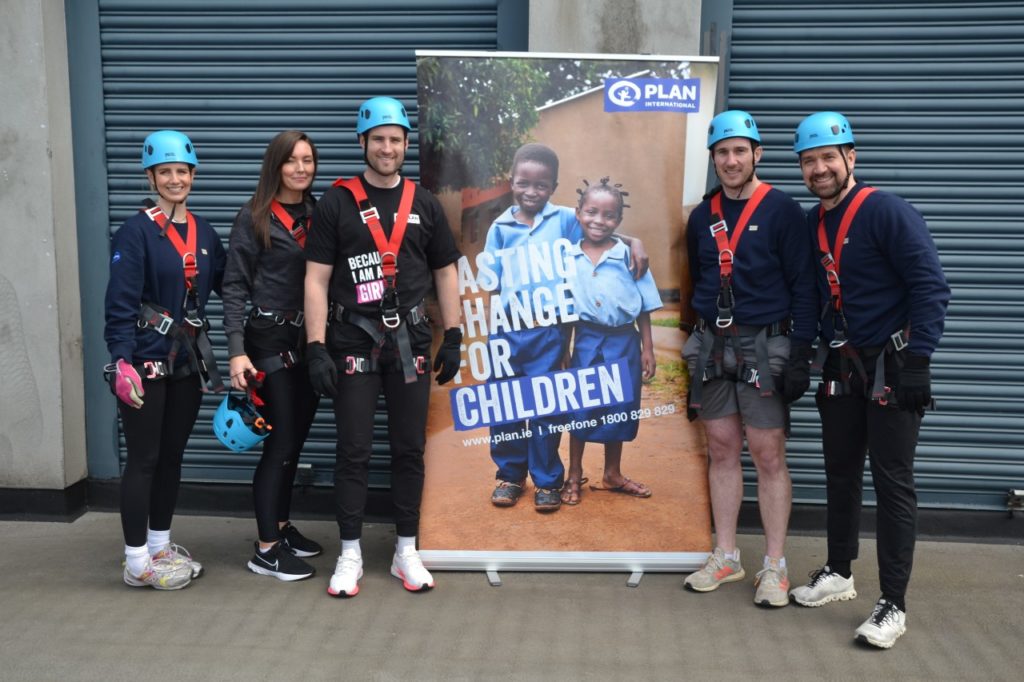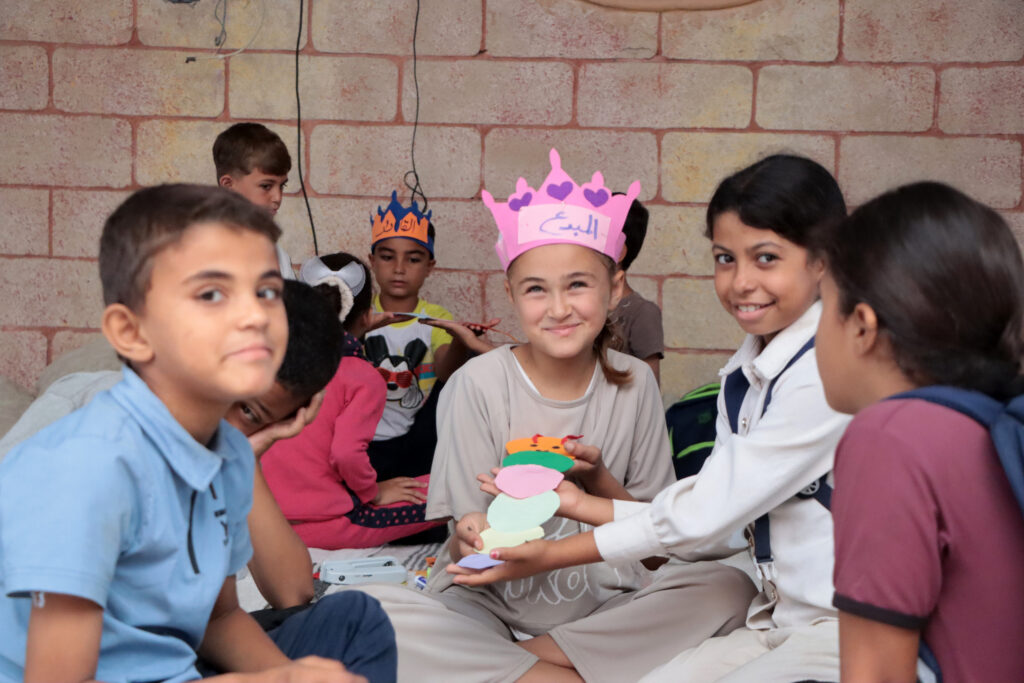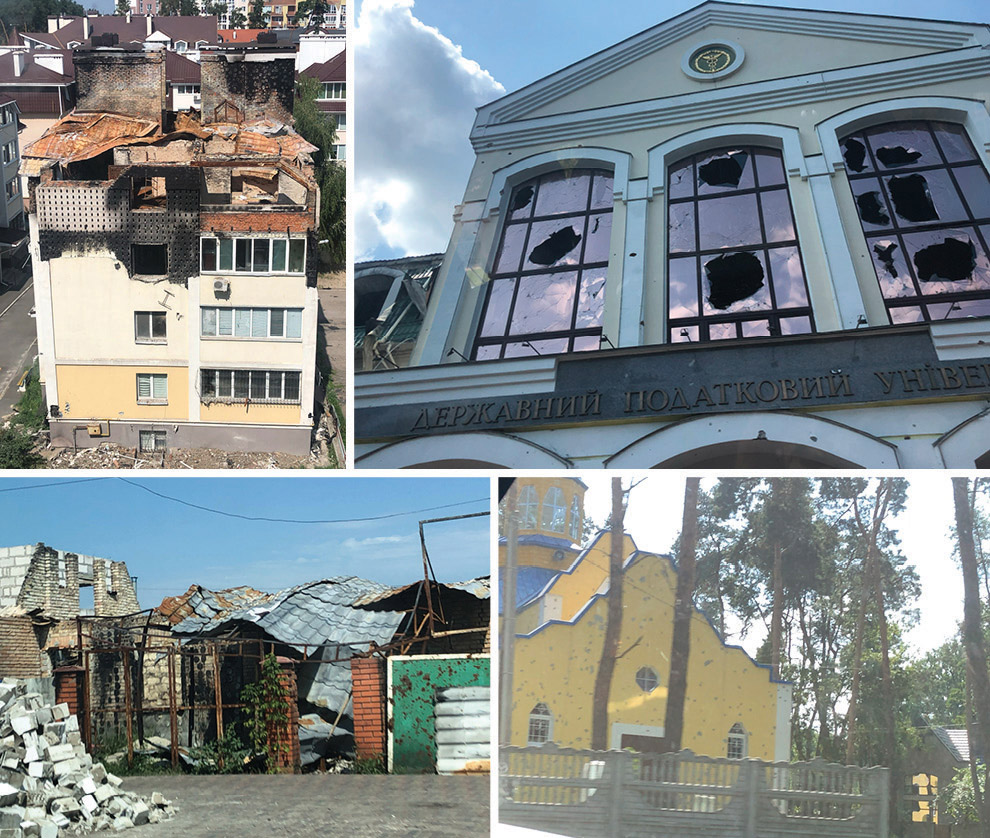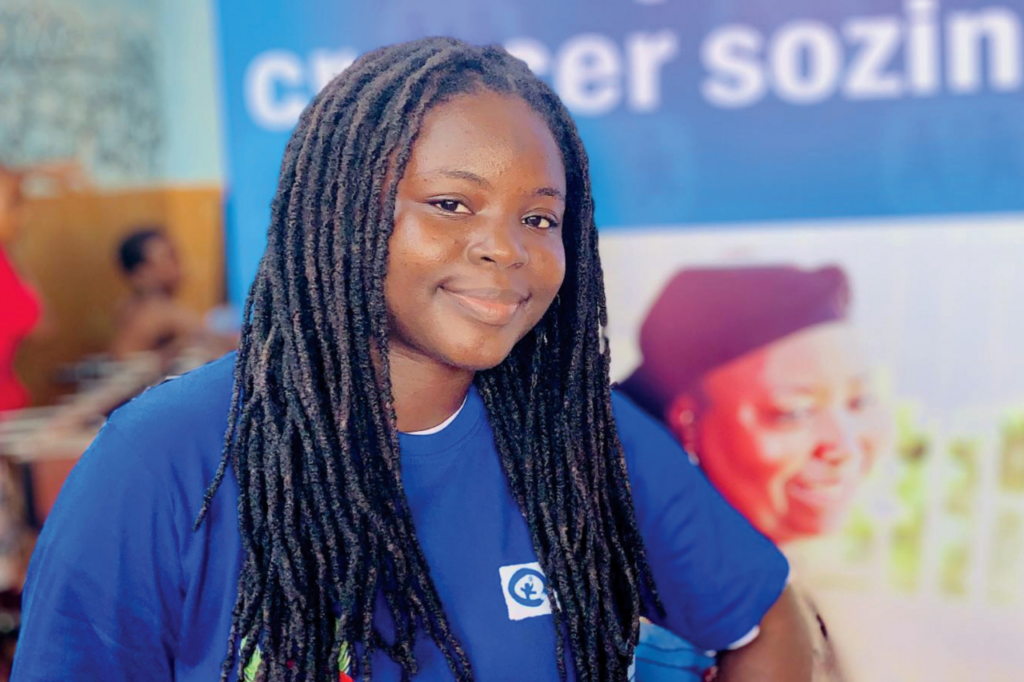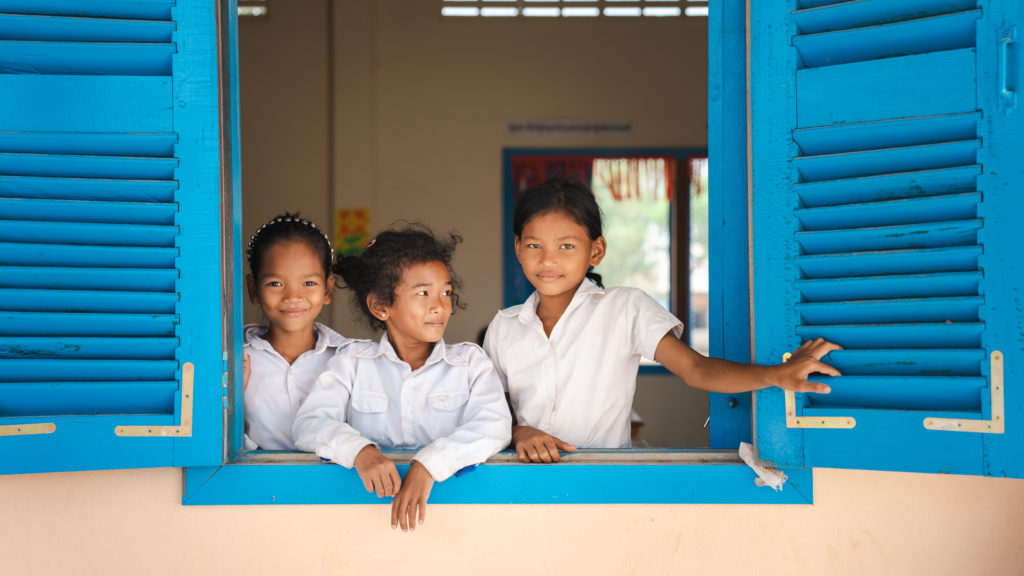When 22-year-old Hawa was a high school student, she loved spending her free time learning more about STEM subjects – Science, Technology, Engineering, and Mathematics – often watching YouTube videos and researching innovative new technologies online. Currently studying economics at university, she is now using her tech skills to find innovative solutions to some of the problems facing girls in her community.
“Many of my friends and other Sierra Leonian girls are not successful in school because they don’t have access to electricity in the evenings, such as a reliable light source or internet connection. They are unable to study or complete their assignments which has a ripple effect on girls and leads to issues around teenage pregnancy, low literacy rates, and financial dependency,” Hawa explains.
Wanting to find a solution, Hawa developed SolWind – a wind and solar power technology that can be used in rural communities. The hybrid renewable energy source uses wind or sunshine to power an off-grid battery unit that generates electricity. Using green energy also contributes to saving the planet, another of Hawa’s passions.
“For as long as I can remember, I have been passionate about helping people. Any opportunity to help thrilled me. When I first heard about the climate crisis, I thought it was a hoax and people just wanted to make money out of it. But then I saw how real it was and how it affects Sierra Leone.”
Fostering young innovators
Part of Plan International’s Youth Advisory Panel, Hawa is fostering a community of young innovators throughout Sierra Leone by setting up an innovation hub where young people can have access to technology and digital platforms, encouraging them to learn more about STEM subjects, including computing, robotics, and coding, and the opportunities that are available to them.
“Young people relate to young people. So, it’s really important that mentorship is run and led by young people. I want young people to know that there are so many more career aspirations out there besides just being a doctor or lawyer. I am proud to create a space for young people to come together, learn more about STEM subjects and actively take part in innovative discussions and problem-solving,” says Hawa.
Hawa is also leading a project to plant trees across Freetown. Deforestation is one of the fastest growing environmental problems facing Freetown. The cutting down of trees for housing construction on the hills surrounding the city has led to flooding and landslides. During the rainy season, tons of waste are washed down from the hilltops causing floods and blocking drainage systems.
“For me, planting trees across the city will help maintain the best conditions. It can protect the coastal community from severe flooding and storms by slowing the waters strength as it surges on land through the absorption of excess water. Secondly with afforestation, there will be less disasters like mudslides and flooding in the city.”
Combining both her skills in technology and her environmental ambitions, Hawa is optimistic that she and other girls and women in her country can become a catalyst for change in Sierra Leone, providing they are given access to the decision-making spaces where climate solutions are discussed.
“Like many other women in Sierra Leone, my mother struggles every single day to find for water for her family and for her fish business. Changes in access to clean water and flooding have caused huge challenges in our daily lives. We have to walk for miles to be able to get good drinking water.”
“In Sierra Leone, women have to adapt to a number of difficulties caused by a constantly changing climate, but there is limited or no exposure for women to take the lead in making the decisions that affect their lives,” concludes Hawa.
